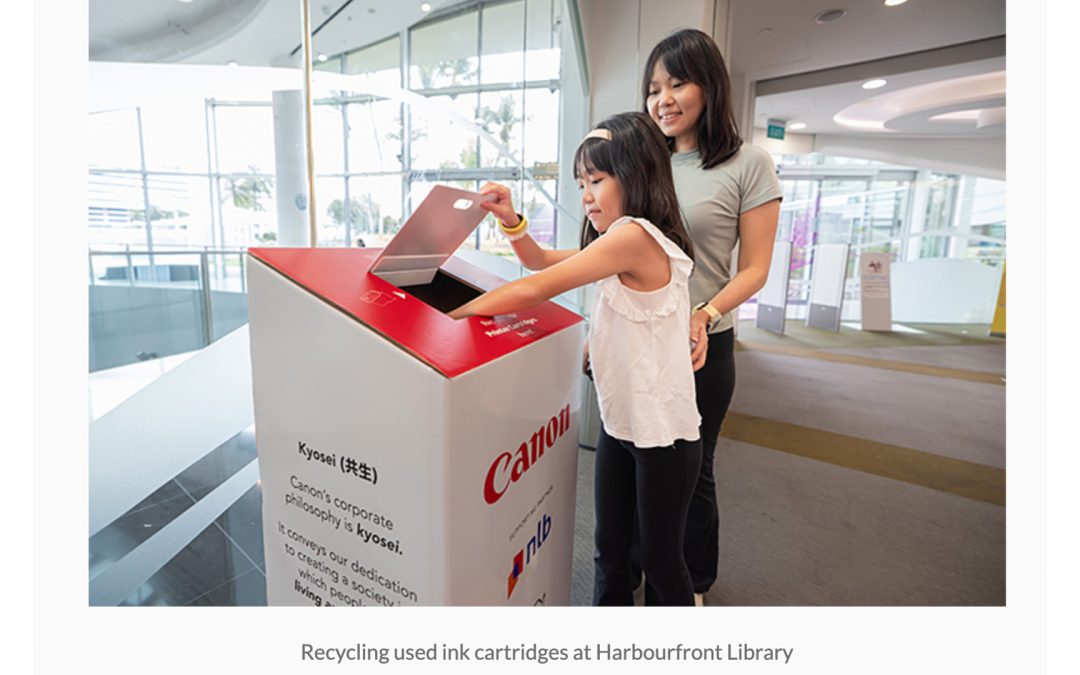
With the aim of tackling the weighty problem of plastic pollution, as well as improving UK recycling rates, the British Plastics Federation has launched a new plan entitled Plastics: A Vision for a Circular Economy.
With a recent survey revealing the full extent of British fears around plastic waste, BPF explains that we are “a juncture in our history”, where our relationship with plastic is “evolving”.
With society, the plastics industry and the government all focused on achieving the same goal – namely, the reduction in the amount of plastic waste produced – BPF reveals that it has “publicly welcomed the government’s recent call for evidence surrounding single-use plastic items”. The Federation also explains that the UK now has an opportunity to “develop more sustainable businesses”.
BPF explains that it has “two ambitious goals leading up to 2030”.
The first of these goals is “Zero plastic packaging to landfill”: BPF explains that the UK plastics industry wishes to see all plastic packaging recycled by 2030, explaining that the Federation is a signatory to WRAP’s UK Plastics Pact and that they view this as “the first milestone towards a more ambitious target of entirely eliminating plastic from landfill by 2030.”
The second goal is the minimisation of plastic waste entering the sea, with BPF stating that the plastics industry supply chain, leading experts in waste management and academics “have already pledged to work collaboratively towards developing a comprehensive plan to significantly reduce plastic leaking into the wider environment”.
In order to make these goals a reality, BPF reveals that the plastics industry “has already proposed extending and revising the current Packaging Recovery Note (PRN) system” to include plastic items that are used “in conjunction with food and drink consumed ‘on the go’, such as cutlery or straws.”
These revisions, says BPF, “need to support the development of the UK’s recycling infrastructure”. The Federation also explains that collaboration is key in order to drive “anti-littering, behaviour-change and educational campaigns”.
It also states that “Further innovations […] are necessary for the UK to remain a world leader in waste management” and assures readers that the plastics industry has “already agreed to openly share best practice to help improve waste management systems in the developing world”.
In addition, the industry will collaborate with others “to promote eco-design amongst specifiers and users of plastic packaging so that products are more easily recyclable”.
Plastics: A Vision for a Circular Economy can be read here.




















